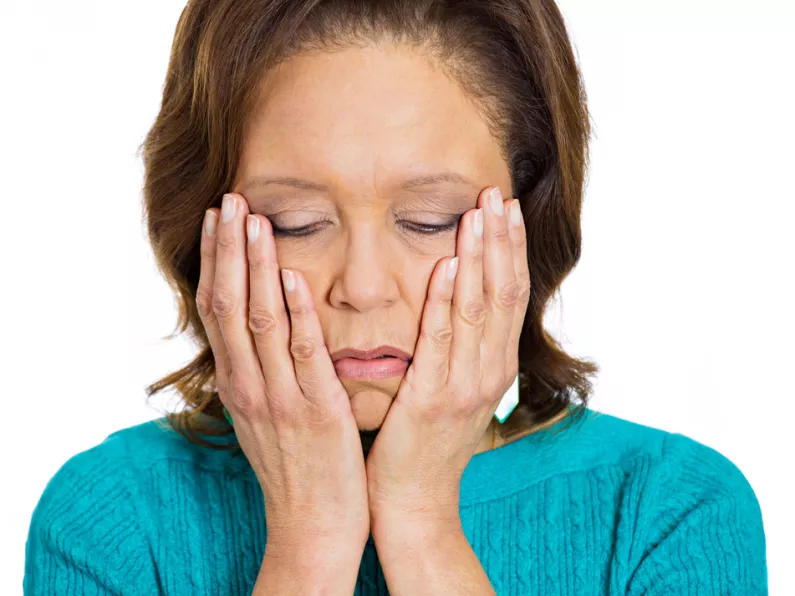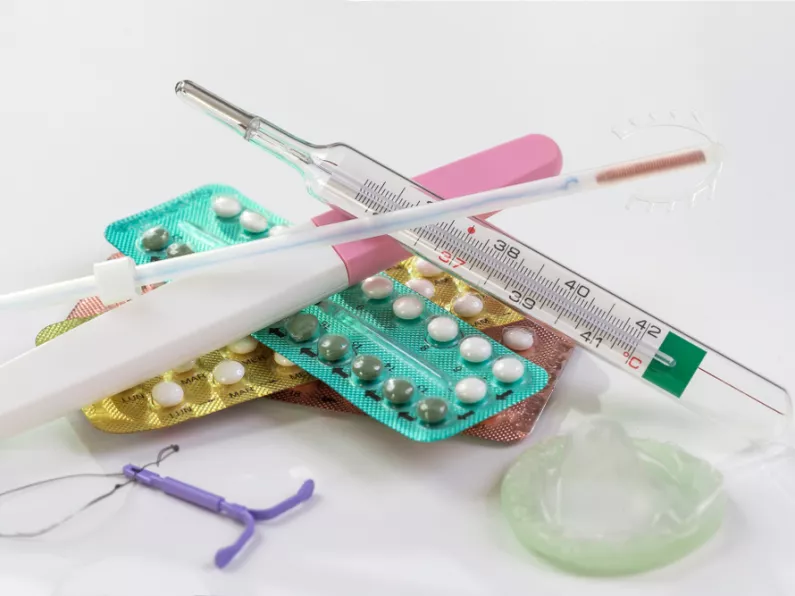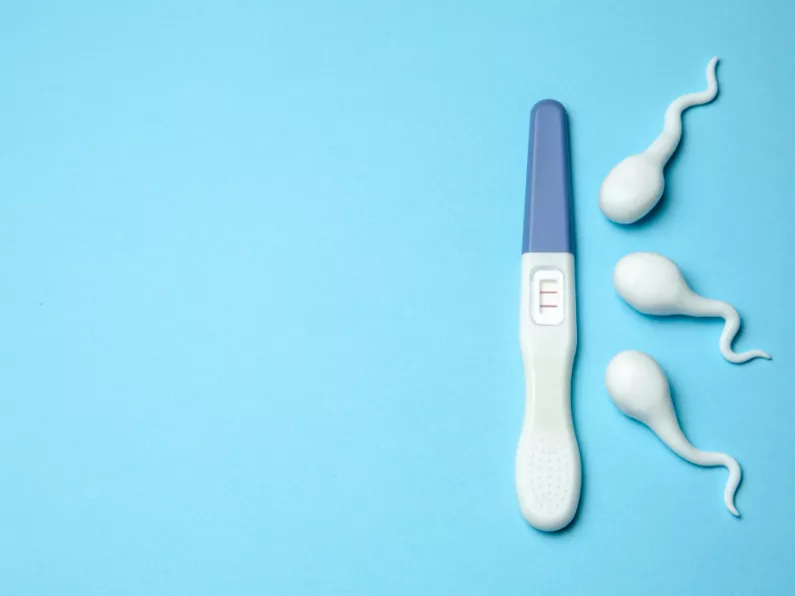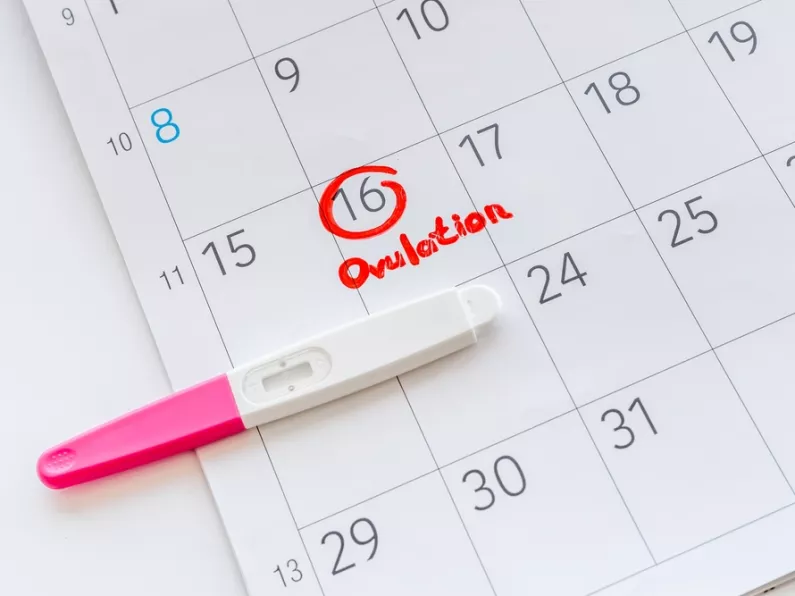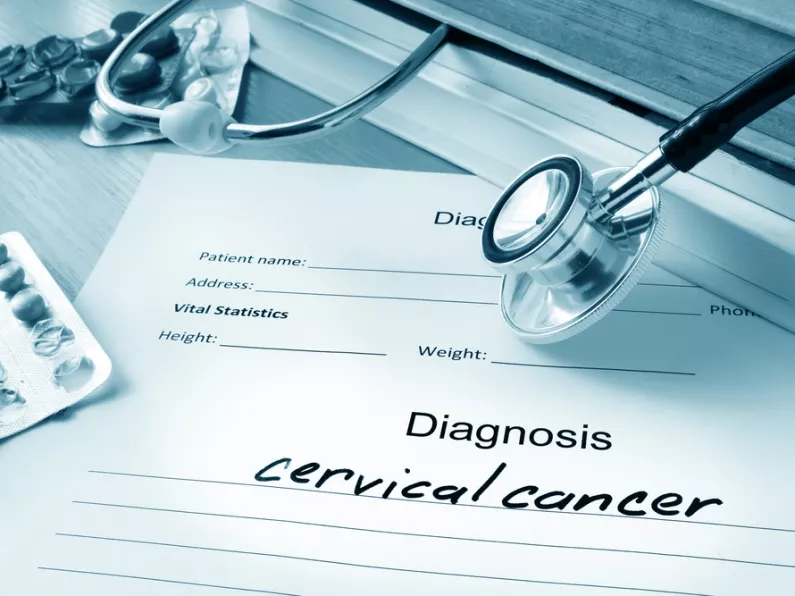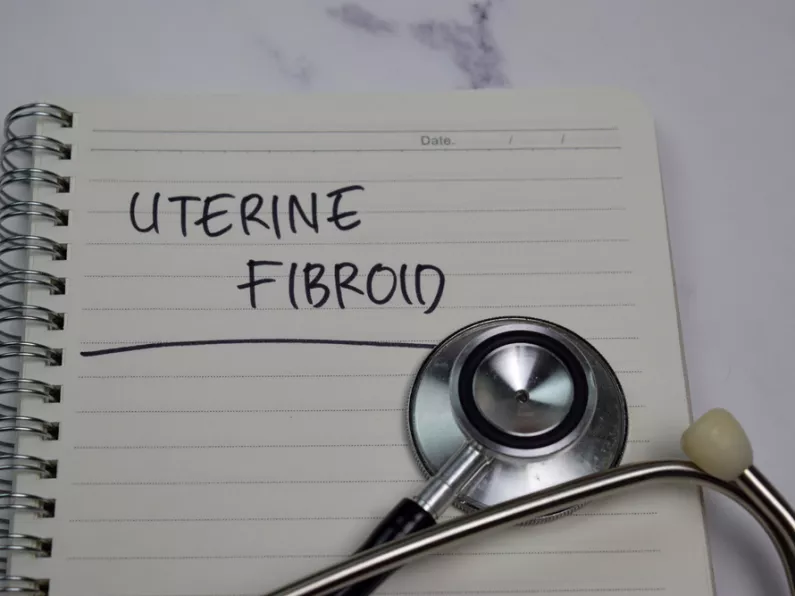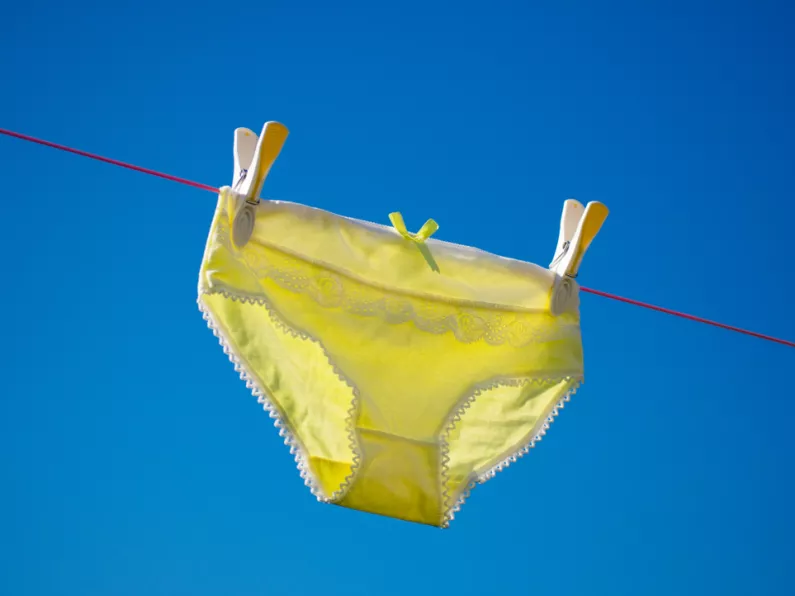Menopause marks the end of a woman’s reproductive years.
It signifies the end of your menstrual cycle and thus the end of your childbearing years.
On average, most women reach menopause in their late 40’s to early 50’s.
For many women, menopause is accompanied by a number of symptoms of ranging severity that can impact many aspects of life.
Scientists recently totaled the number of menopause symptoms to 48, although not all women will experience all of these.
How does menopause affect your skin?
- Dryness and itching: One of the most common skin changes brought on by menopause is dry and itching skin. This is caused by the drop in estrogen that occurs in menopause. Estrogen acts as one of the skin’s natural hydration boosters as it facilitates the production of ceramides, natural hyaluronic acid, and sebum. In the absence of these substances, water easily evaporates from the skin, leaving it dry. Dry skin can then become irritated, causing itching. Itching skin can also be an indicator of other problems such as iron deficiency and thyroid problems, so it's important to discuss these symptoms with your doctor.
- Delicate skin: Reduced levels of estrogen can also cause the skin to become more fragile. Estrogen is required for collagen production, the protein that gives skin its elasticity and firmness. During the first five years of menopause, skin loses roughly 30% of its collagen, followed by a more gradual decline in the years that follow. While this can cause the skin to lose its look of plumpness and increases the appearance of wrinkles, it also makes skin more vulnerable to bruising. Collagen also plays an important role in wound healing, with less collagen, skin can take longer to heal. The effect of reduced collagen levels can be addressed with hormone replacement therapy (HRT), which replaces the lost estrogen. But not everyone is suitable for HRT. Women with a history of breast, ovarian or womb cancer, a history of blood clots, untreated high blood pressure, or liver disease may not be suitable.
- Acne: While acne is most commonly associated with teenagers, it is increasingly being recognized as a condition that impacts people throughout life, including during menopause. This is mainly due to hormone imbalances. While estrogen replacement can be used to tackle hormone imbalances, for some women continue the acne persists.
- Hot flushes: Hot flushes are one of the most common symptoms of menopause. Menopause also seems to increase a woman’s likeliness of suffering from rosacea, in which the blood vessels in the skin become very reactive. The redness caused by flushes and rosacea can be reduced with changes to lifestyle. Avoiding alcohol, caffeine, and spicy food, and using SPF can improve skin redness.
- Facial hair: The growth of new, thicker facial hair is fairly common in women of menopausal age. The drop in estrogen changes the balance of estrogen vs testosterone, which can cause course facial hair to grow on the upper lip, chin, cheeks and jawline.
- Melasma: During menopause, signs of sun damage can become more prominent. The skin can become more pigmented, often on the cheeks, upper lip and forehead. Women with particular sun damage may experience an irregular skin tone and sun spots.
- Facial changes: The loss of bone density (which also affects the facial bones), and the drop in collagen that occurs during menopause and beyond can alter the facial appearance. Many women struggle with this.
- Mental health: Changing hormone levels also impact a woman’s mental health. An estimated 70% of menopausal women experience some type of mental health impact. There is often a loss of confidence and self-esteem.

